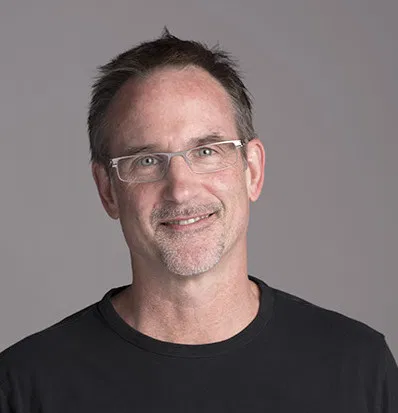Capitalism: How can it be a force for good around the world?
Ty Montague worked in the advertising business for many years, helping companies tell their stories through advertising. Eventually, he became disturbed by what he saw. “They were telling one story and doing another story,” says the founder of Co:collective and author of True Story: How to Combine Story and Action to Transform Your Business. View the full interview here
In the end, he decided he wasn’t helping the world if he allowed companies to continue on this path. “In fact, I was making the world worse.”
At the same time, he took note of a different kind of a company, a company that didn’t use traditional paid media to tell their story. “They were conveying their belief system and their narratives through the actions that they took in the world,” Ty says. “I came to call these companies ‘story-doers’ as opposed to storytellers.”
He decided to leave the traditional advertising business and start Co-Collective, a growth and innovation accelerator that helps clients develop their business strategy and execute their brand story, through authenticity and transparency.
“I’ve spent the last 10 years helping companies understand the principles of being a story-doing company, and then helping them in many cases, apply those principles and transform their business.” He describes a story-doing company as one on a quest. “They are on a mission to make some positive, either social or environmental change in the world,” Ty explains.
Their quest, he says, determines all of the actions that they take as a business, both internally and externally. “And as a result, they are for-profit businesses, but they are trying to use the forces of capitalism to make positive change in in the world.”
More of these companies are getting more and more successful, says Ty. “It’s beginning to become essentially mandatory to be a purpose-led company, to make a connection with the next generation of . . . . activists, consumers.”
Is being in the clean energy industry enough?
The clean energy transition is part of the purpose of most of the companies in solar, wind and storage, says host Tim Montague (Ty’s brother). But how do you challenge leaders who are very successful entrepreneurs to go above and beyond their primary goal – to answer to their shareholders – and do something that’s also really good for the future of humanity?
One of the interesting things about these story-doer companies, according to Ty, is that they are not product led. “Their purpose led their product . . . as opposed to the other way around. They often defy categorization.” Tesla, as an example, manufactures cars, but they also manufacture battery packs, power walls for home energy efficiency, and more. “And they will be in many more businesses in the future because they don’t think of themselves as a car company. They think of themselves as a company that is on a mission to accelerate the entire transition to a sustainable energy economy.”
Because of this, they enjoy a number of benefits, including no need for paid advertising. “They are constantly making announcements about iconic innovation in one or more of their businesses. They are interesting innately because they are pursuing an incredibly ambitious quest to upend, essentially the entire higher hydrocarbon economy and usher in an entirely new energy economy,” says Ty. “Their brand is built on action, as opposed to being built on exposition; they don’t have to do Tesla car commercials.”
Watch the full interview here on the Solar Podcast in which Ty Montague challenges listeners to ask themselves some difficult questions about what business they are actually in. What are their higher goals, above their products’ success? What is their sweet spot between solving a problem with a product and moving a solution forward to a larger societal challenge?
